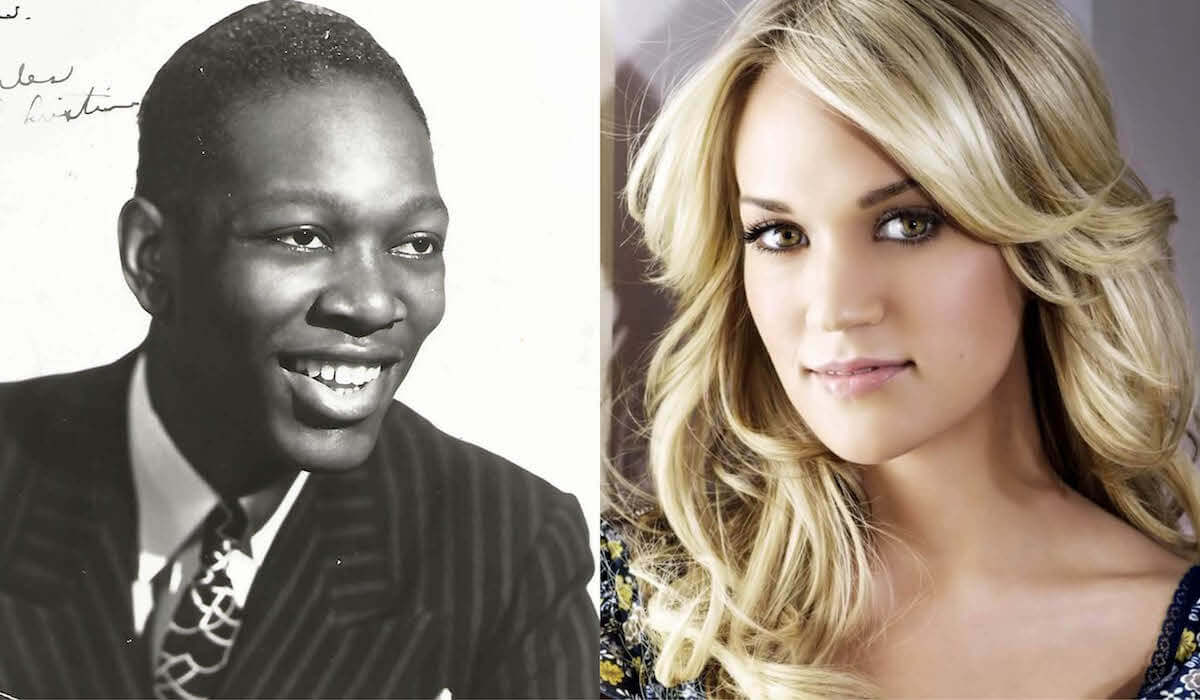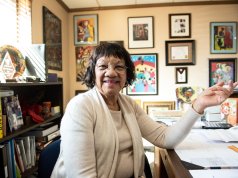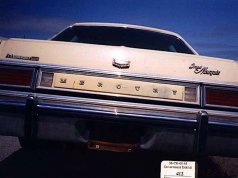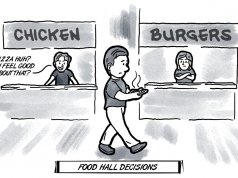
TULSA — Oklahoma City’s Charlie Christian revolutionized the way people play the guitar. He shepherded it out of the anonymity of the rhythm section and into the arena of solo instrument. His pioneering mastery paved the way for the guitar to be the instrument it is today in popular music.
In 1958, Ralph Ellison wrote an interesting piece for the Saturday Review that Christian was an innovator from a young age, playing the guitar melodically as well as rhythmically. Ellison wrote, “With Christian the guitar found its jazz voice.” The entire piece is an enlightening read. Ellison takes the reader through some unique highlights of the era when OKC’s Deep Deuce district hosted American musical luminaries including Count Basie, Jimmy Rushing and the groundbreaking Lester Young.
Ellison’s younger brother and Christian were in the same grade-school classes during the 1920s. Ellison’s piece in the Saturday Review is a deft critique to the liner notes of a Columbia LP that celebrates Charlie Christian’s work. The liner notes claim Christian grew up being exposed only to blues music. Ellison proceeds to shred the argument to bits, vividly detailing OKC’s immense depth of music in the 1920s black community. Ellison was a musician himself, playing the trumpet all the way to Tuskegee University on a scholarship.
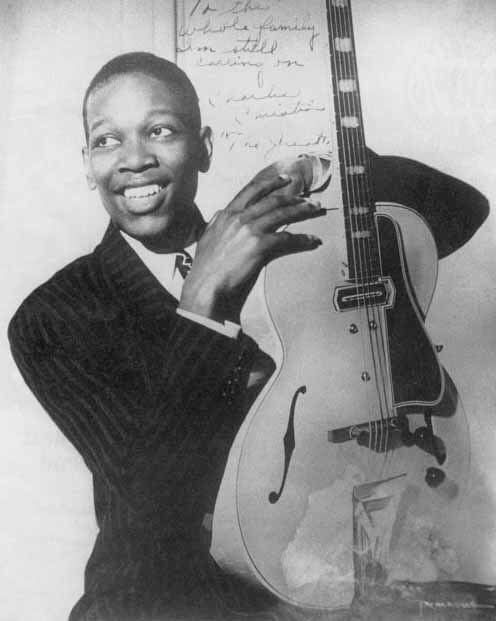
I wonder if Ellison’s attraction to Christian was born out of an Okie-kinship? The two grew up in the same neighborhoods, going to the same schools, experiencing life in the early days of Oklahoma City. They both later climbed to the top of their respective crafts in New York City. It’s interesting to think about when I ponder the Oklahomans who have gone out and made a tremendous mark on the world.
Christian’s playing hints at future sounds
In the video above, this specific track of Flying Home from a 1939 Carnegie hall performance with Christian and Benny Goodman represents a special gem. This show was part of Christian’s introduction to the wider world. Christian shares a crisp lead melody with Goodman’s clarinet and Lionel Hampton’s vibraphones. When it’s time for his solo, you can hear bebop emerging under his finger tips. In fact, a listener can hear many emerging musical forms all coming from under his finger tips. As he gets more comfortable in the solo, his tone gets raw and crunchy, with grace notes flourishing into strong, sustained wails. As he eases into comping chords for the next soloist, you can feel the energy flowing in the strong rhythms he lays in the off beats.
In those crunchy attack chords along with the wailing solo runs are the first rumblings of bebop, rock and roll, electric blues, electric country twang, James Brown, Jimi Hendrix, Freddie King, B.B. King and any other number of American music royalty. He was able to pave the way for all that because, as Ellison pointed out, he was exposed to a vast array of music in Oklahoma City through his highly talented musical family.
Author, musician represent true blessings
Ellison’s recognition of Christian’s virtuosity, talent and hard work is a true blessing to Oklahomans seeking deeper clues about how our history has helped steer the direction of our country’s culture.
It also reminds me that, all too often, our talented people must leave to be recognized for their hard work and genius.
RELATED
OK Hall of Fame: Carrie Underwood chosen ahead of Charlie Christian by William W. Savage III









